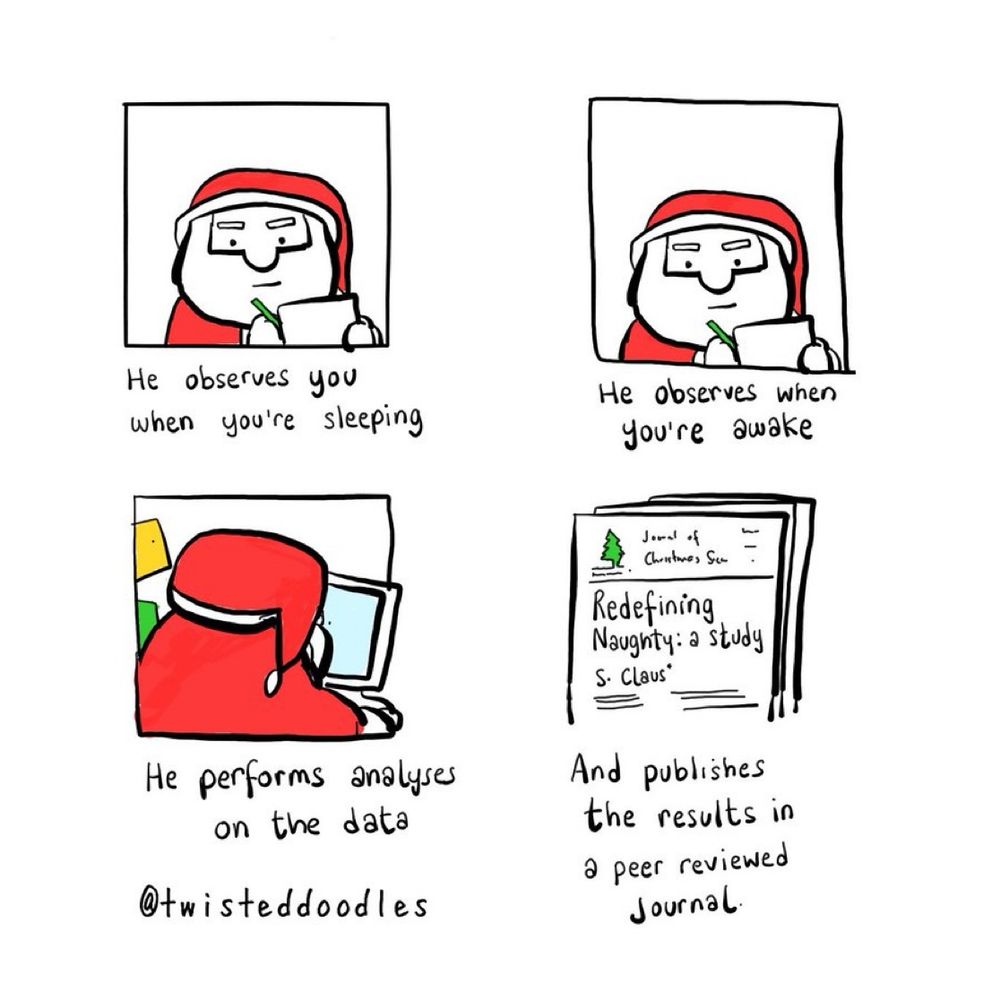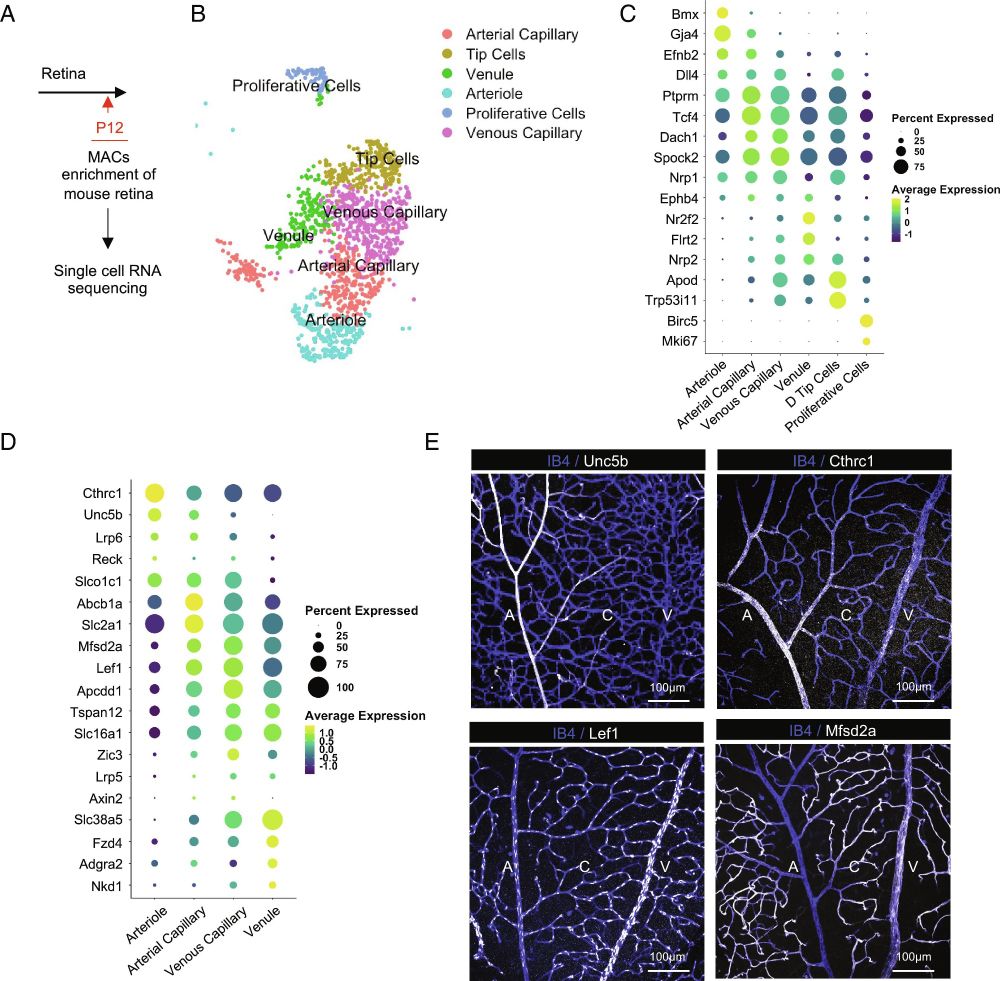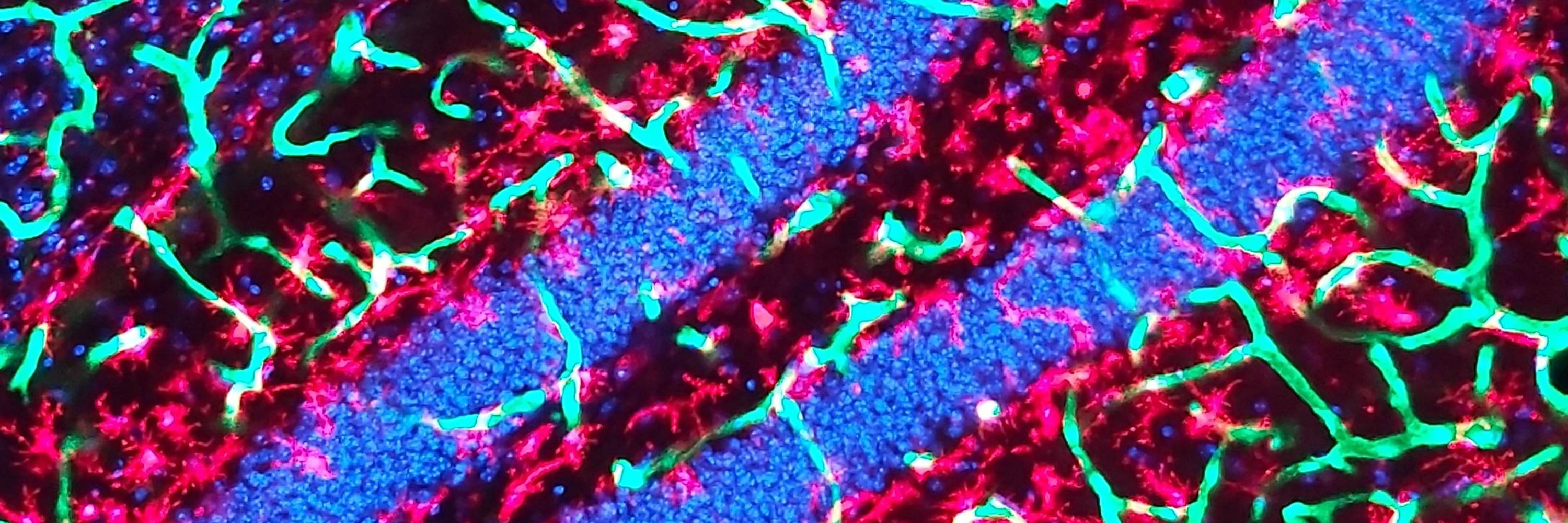
go.nature.com/47zrzYZ

go.nature.com/47zrzYZ
www.jneurosci.org/content/40/2...

www.jneurosci.org/content/40/2...
@researchireland.ie @epilepsyireland.bsky.social
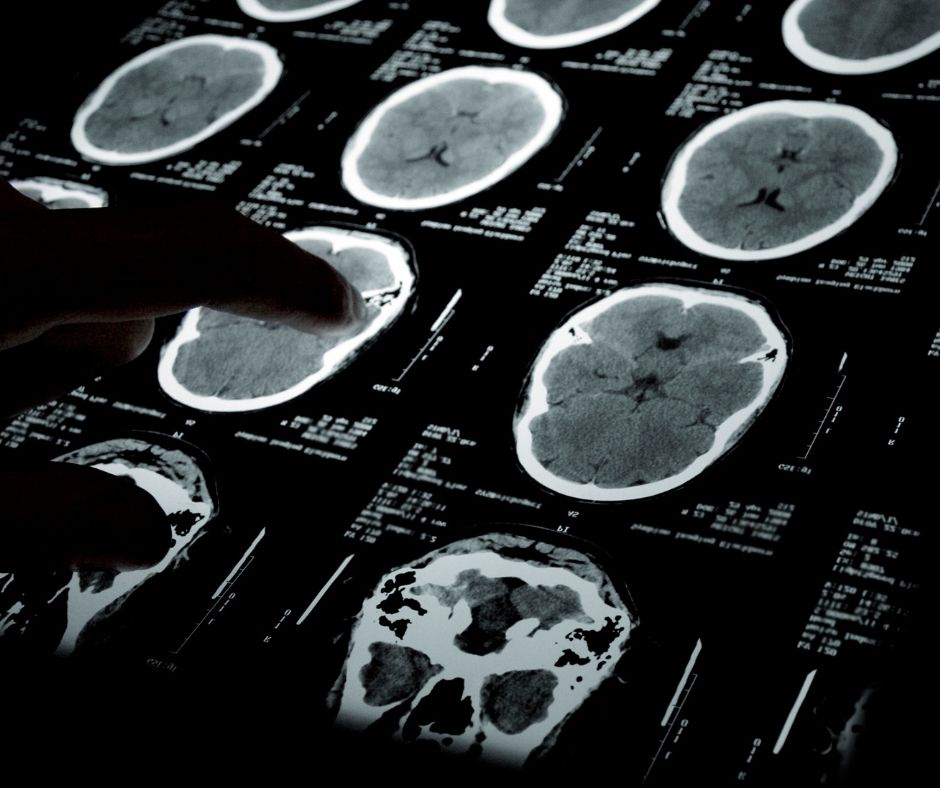
@researchireland.ie @epilepsyireland.bsky.social
@brennan-lab-ucd.bsky.social @futureneuro.bsky.social & team link altered RNA methylation to changes in protein expression, neuronal structure, and seizure susceptibility across models: buff.ly/odAaTRs
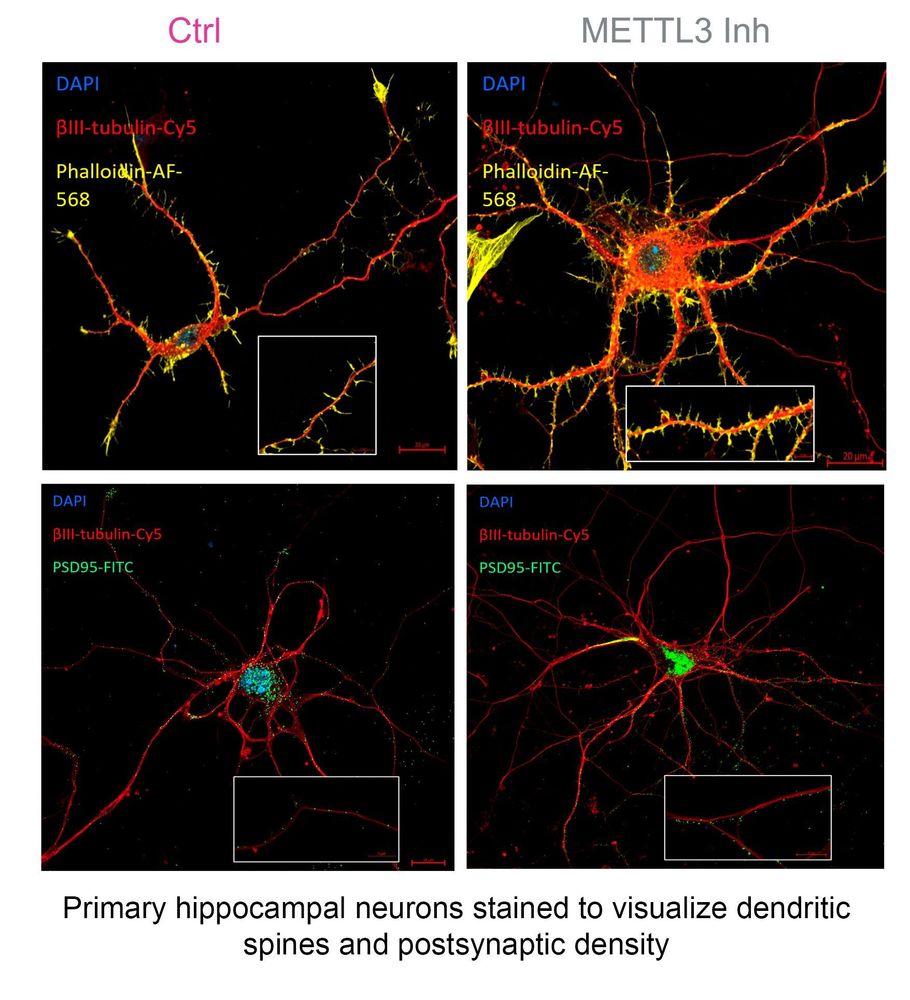
@brennan-lab-ucd.bsky.social @futureneuro.bsky.social & team link altered RNA methylation to changes in protein expression, neuronal structure, and seizure susceptibility across models: buff.ly/odAaTRs
We examine the growing evidence that vascular dysfunction plays a key role in cognitive decline in ageing and dementia, and argue that preserving/restoring CBF should be central to future therapies.
www.nature.com/articles/s41...
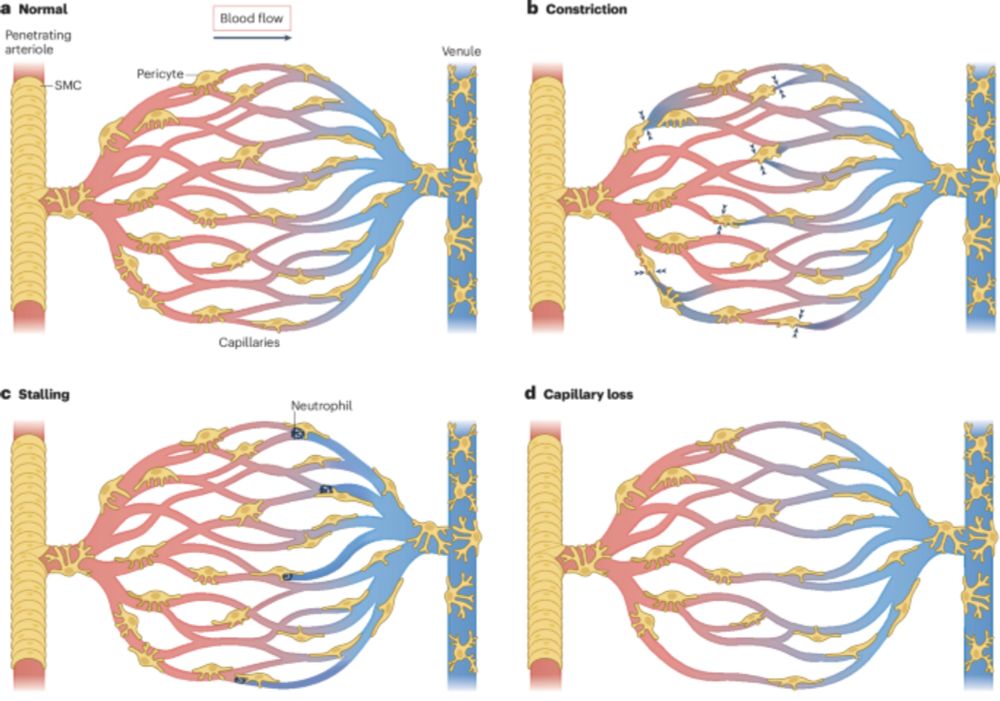
We examine the growing evidence that vascular dysfunction plays a key role in cognitive decline in ageing and dementia, and argue that preserving/restoring CBF should be central to future therapies.
www.nature.com/articles/s41...
*Walking on the tightrope: the shared roles of the bridging pericytes in the brain*
Congratulations Audrey Chagnot!! 🥳
Bias aside, this feels like a really meaningful piece for the cerebrovascular field! 😊
www.frontiersin.org/journals/cel...
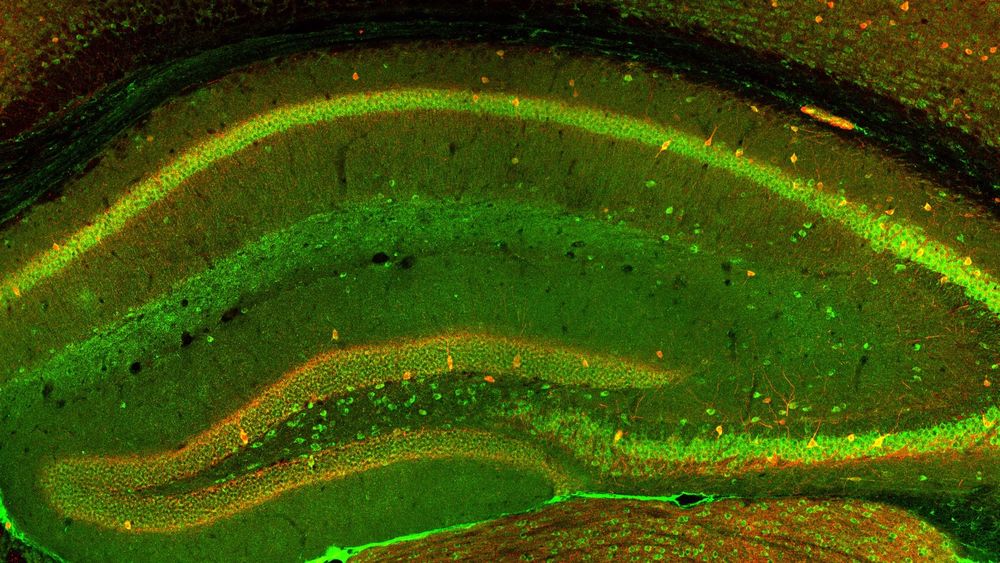
*Walking on the tightrope: the shared roles of the bridging pericytes in the brain*
Congratulations Audrey Chagnot!! 🥳
Bias aside, this feels like a really meaningful piece for the cerebrovascular field! 😊
www.frontiersin.org/journals/cel...
@rcsi.bsky.social @rcsi-research.bsky.social
@rcsi.bsky.social @rcsi-research.bsky.social
@Futureneuro_ie @RCSIPharmBioMol
***Closing date 16th July***
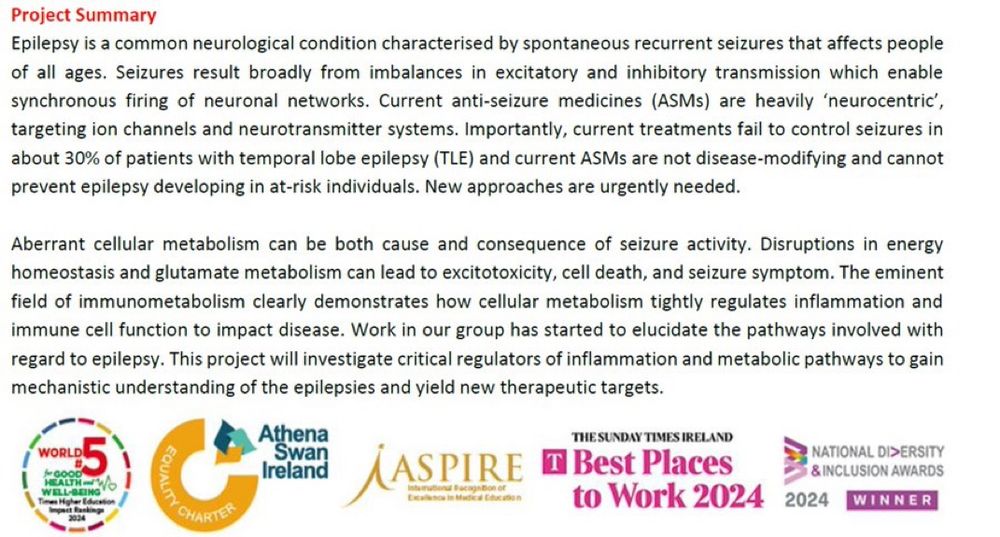
@Futureneuro_ie @RCSIPharmBioMol
***Closing date 16th July***
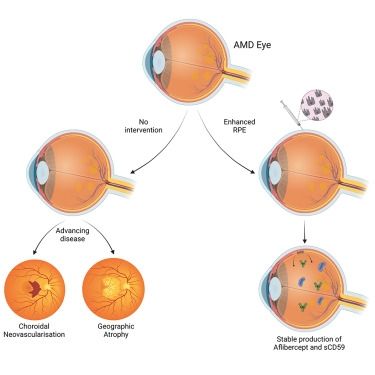
www.nature.com/articles/s41...
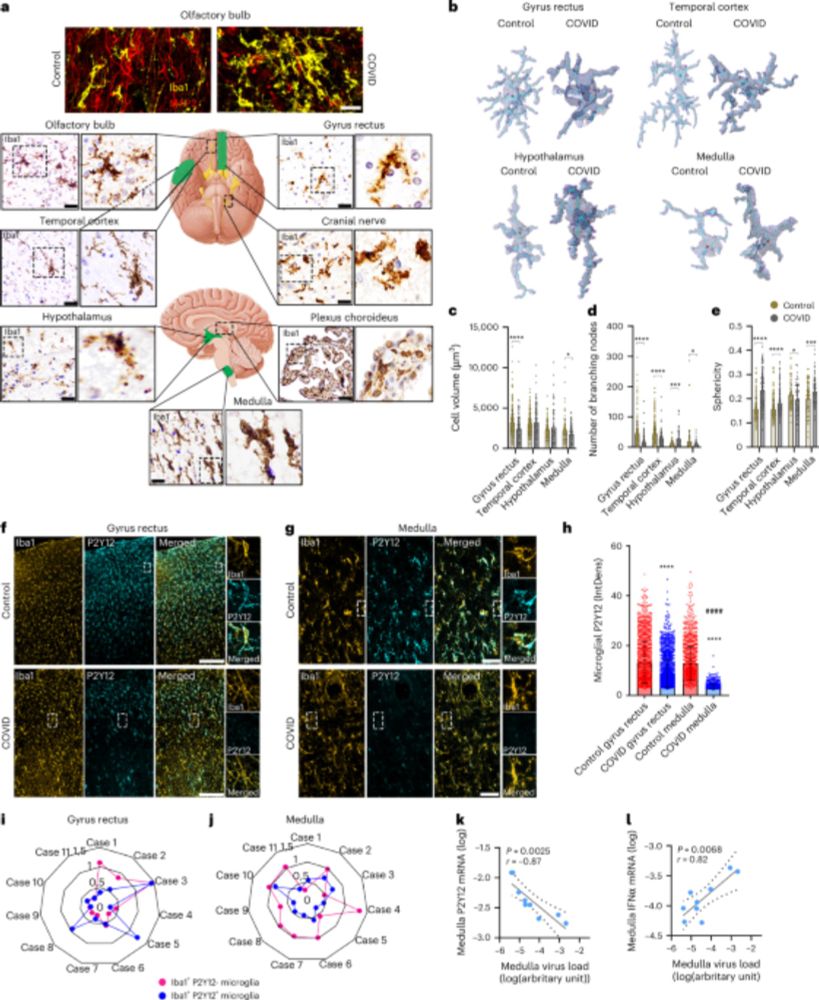
www.nature.com/articles/s41...
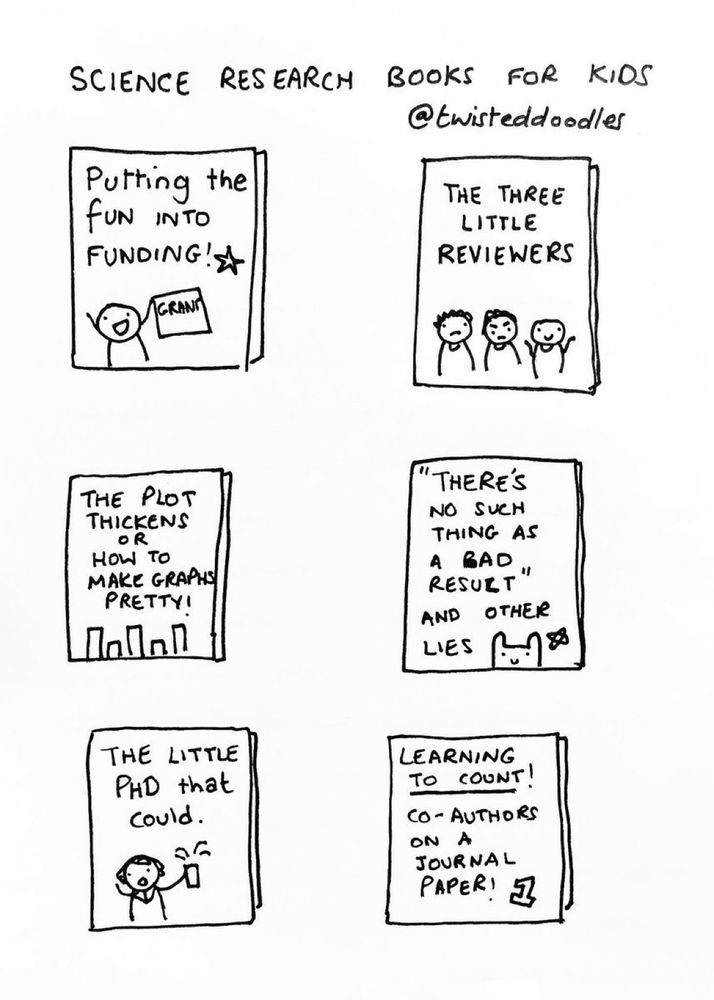
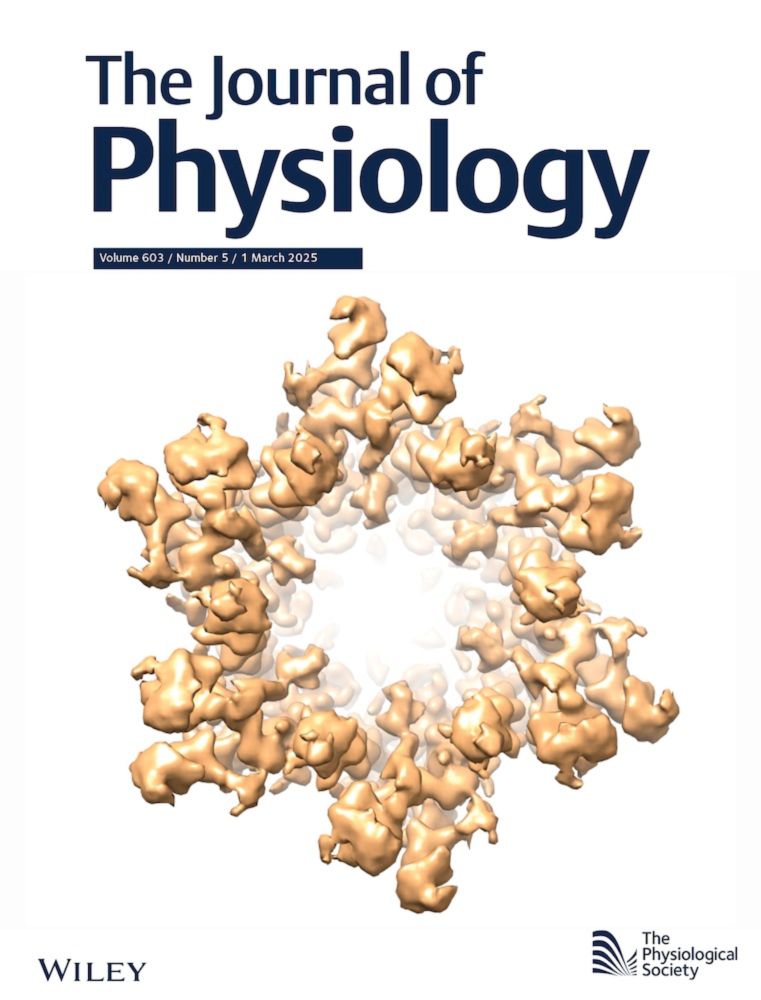
Cheers to the team, thanks to our precious collaborators and support from @braincanada.bsky.social #CIHR @fondsrechercheqc.bsky.social #newPI
www.nature.com/articles/s41...
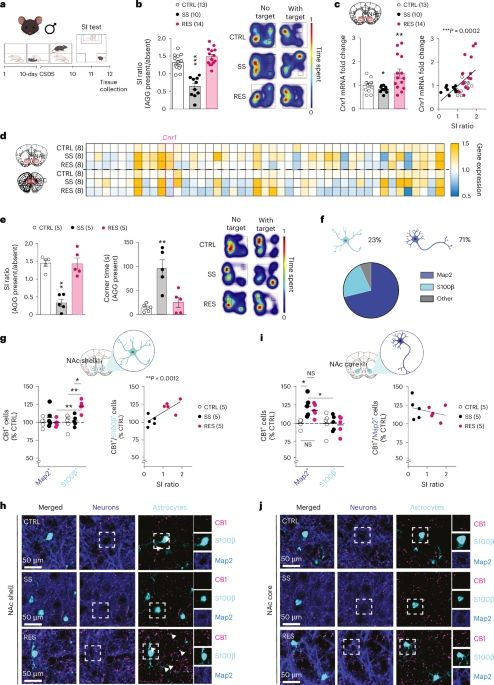
Cheers to the team, thanks to our precious collaborators and support from @braincanada.bsky.social #CIHR @fondsrechercheqc.bsky.social #newPI
www.nature.com/articles/s41...
The findings, published in @NatureComms also suggest a potential treatment approach to manage this risk.
Read more 🔗 www.rcsi.com/dublin/news-...
#RCSIdiscover @rcsi-research.bsky.social

The findings, published in @NatureComms also suggest a potential treatment approach to manage this risk.
Read more 🔗 www.rcsi.com/dublin/news-...
#RCSIdiscover @rcsi-research.bsky.social
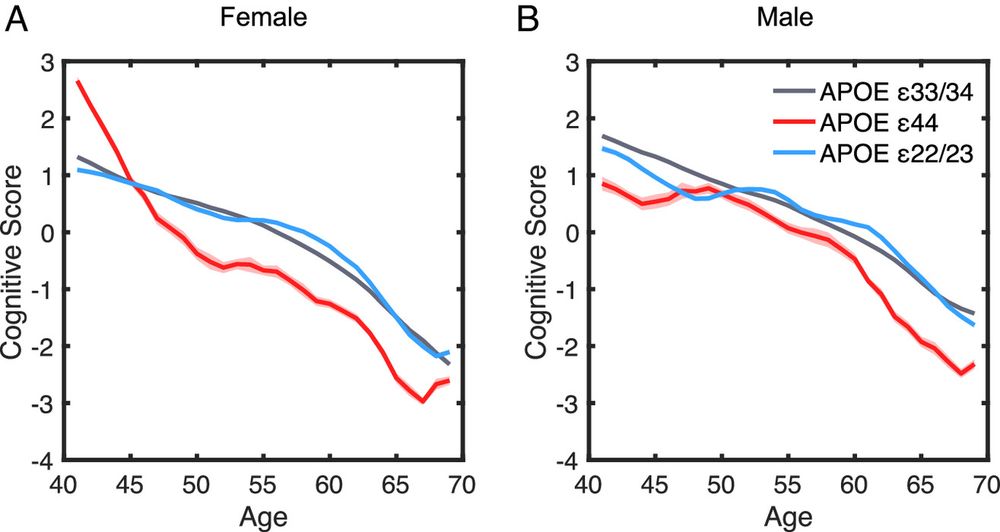
All articles submitted before April 30, 2026 are 🚨 free, no publication fees! 🤑
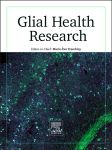
All articles submitted before April 30, 2026 are 🚨 free, no publication fees! 🤑
https://go.nature.com/4jmStIF
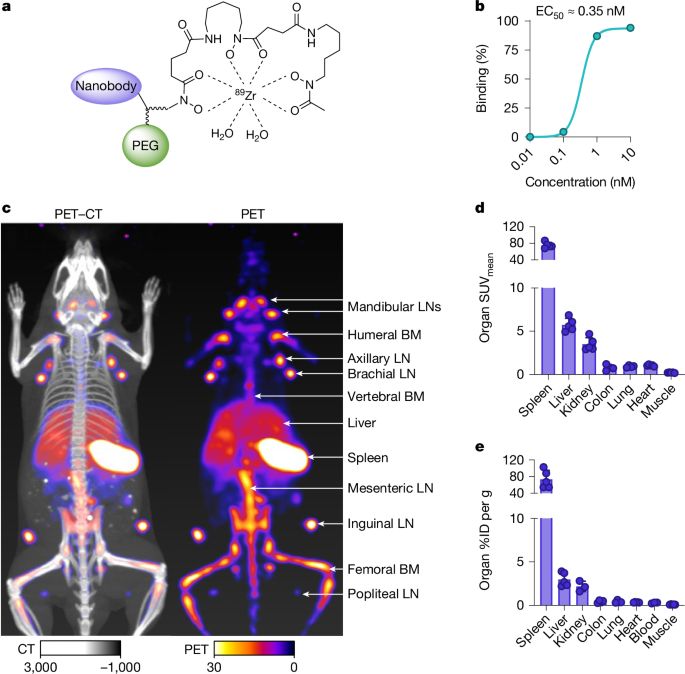
https://go.nature.com/4jmStIF
The research identifies an important role for a brain receptor called P2X7.
More ➡️ www.rcsi.com/dublin/news-...
#RCSIdiscover

The research identifies an important role for a brain receptor called P2X7.
More ➡️ www.rcsi.com/dublin/news-...
#RCSIdiscover
Think of it as 'the Barres datasets 2.0'
Lots of input and feedback from the amazing #Glia community.

Think of it as 'the Barres datasets 2.0'
Lots of input and feedback from the amazing #Glia community.
Researchers in #ScienceAdvances have identified a peptide that increases the barrier’s permeability, showing potential for more effective drug delivery to treat brain diseases. scim.ag/4jhnWf6
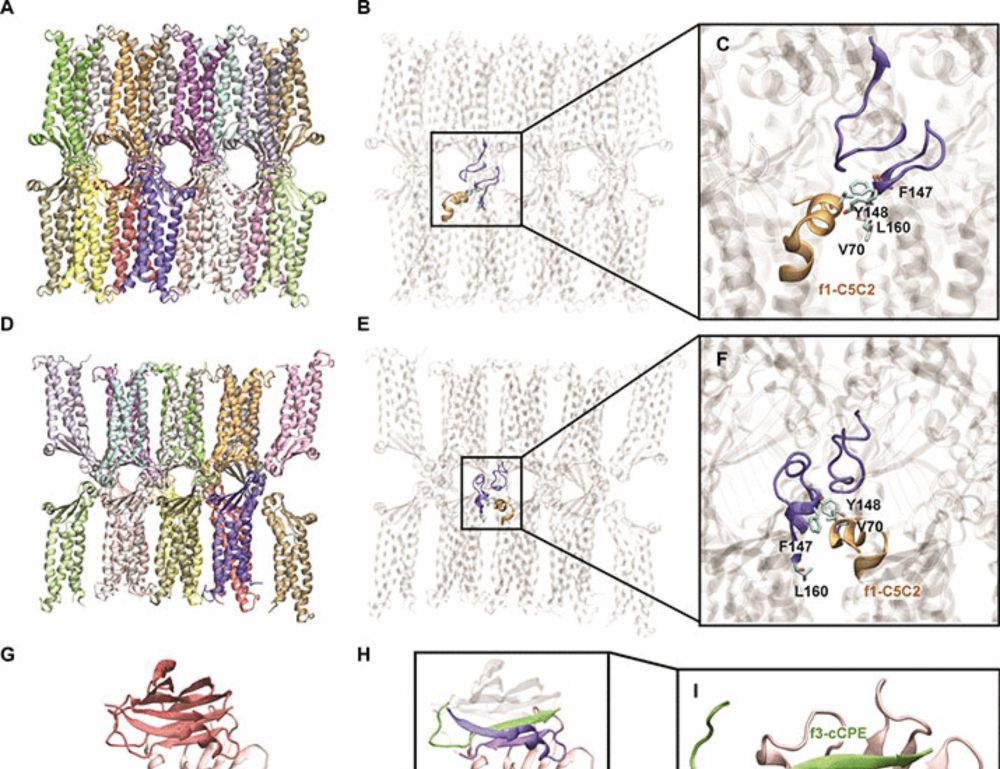
Researchers in #ScienceAdvances have identified a peptide that increases the barrier’s permeability, showing potential for more effective drug delivery to treat brain diseases. scim.ag/4jhnWf6
www.nature.com/articles/s41...
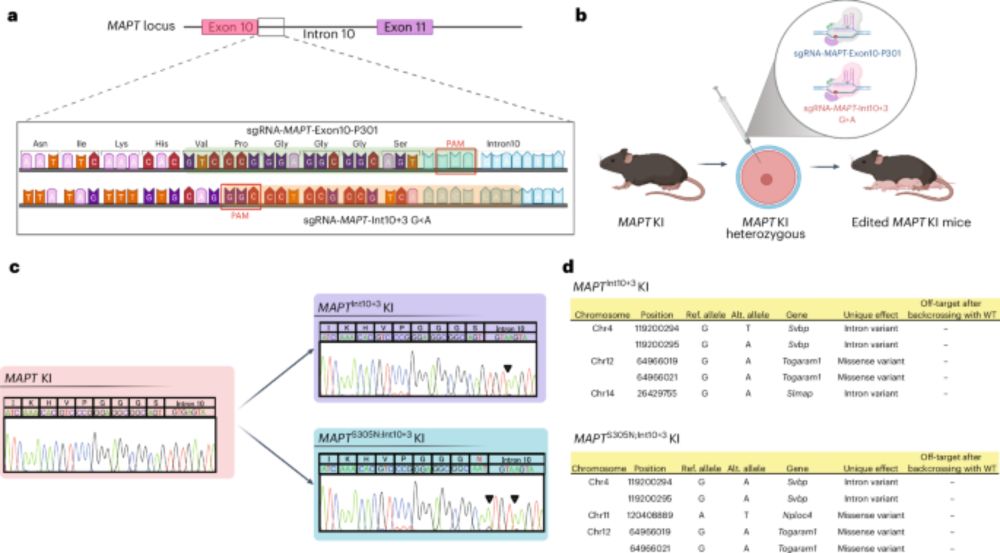
www.nature.com/articles/s41...
www.nature.com/articles/s41...
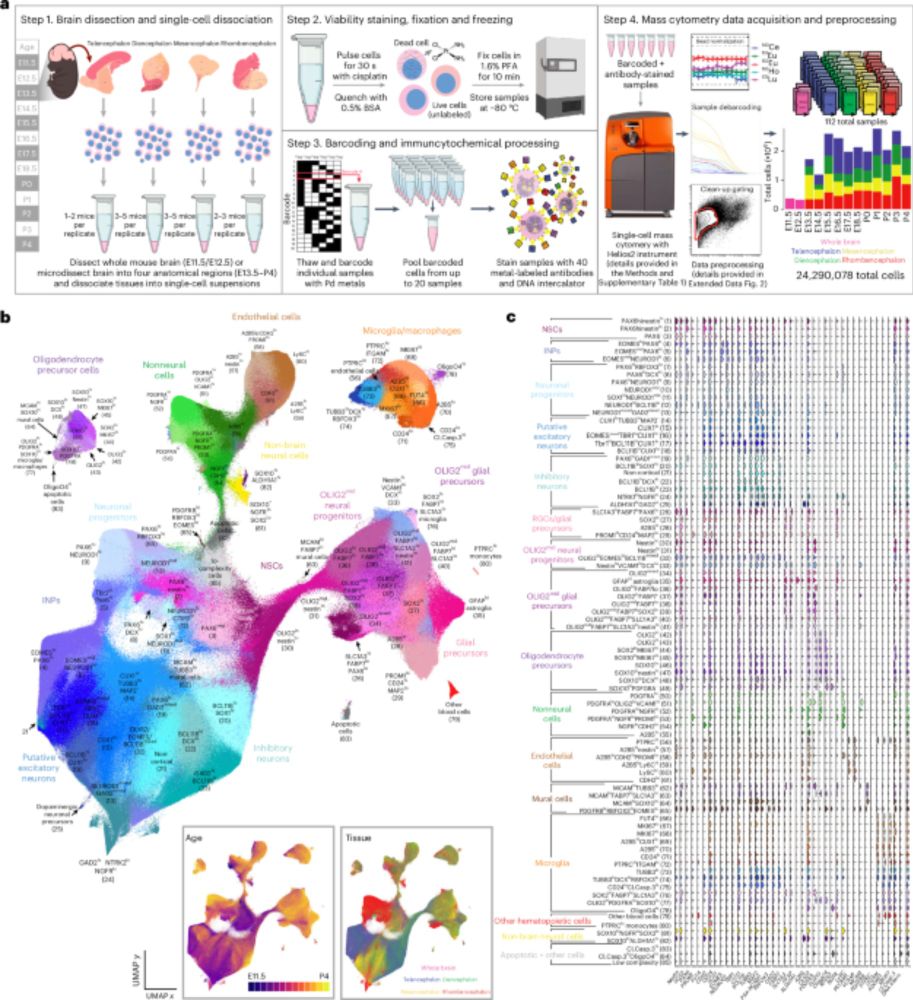
www.nature.com/articles/s41...


